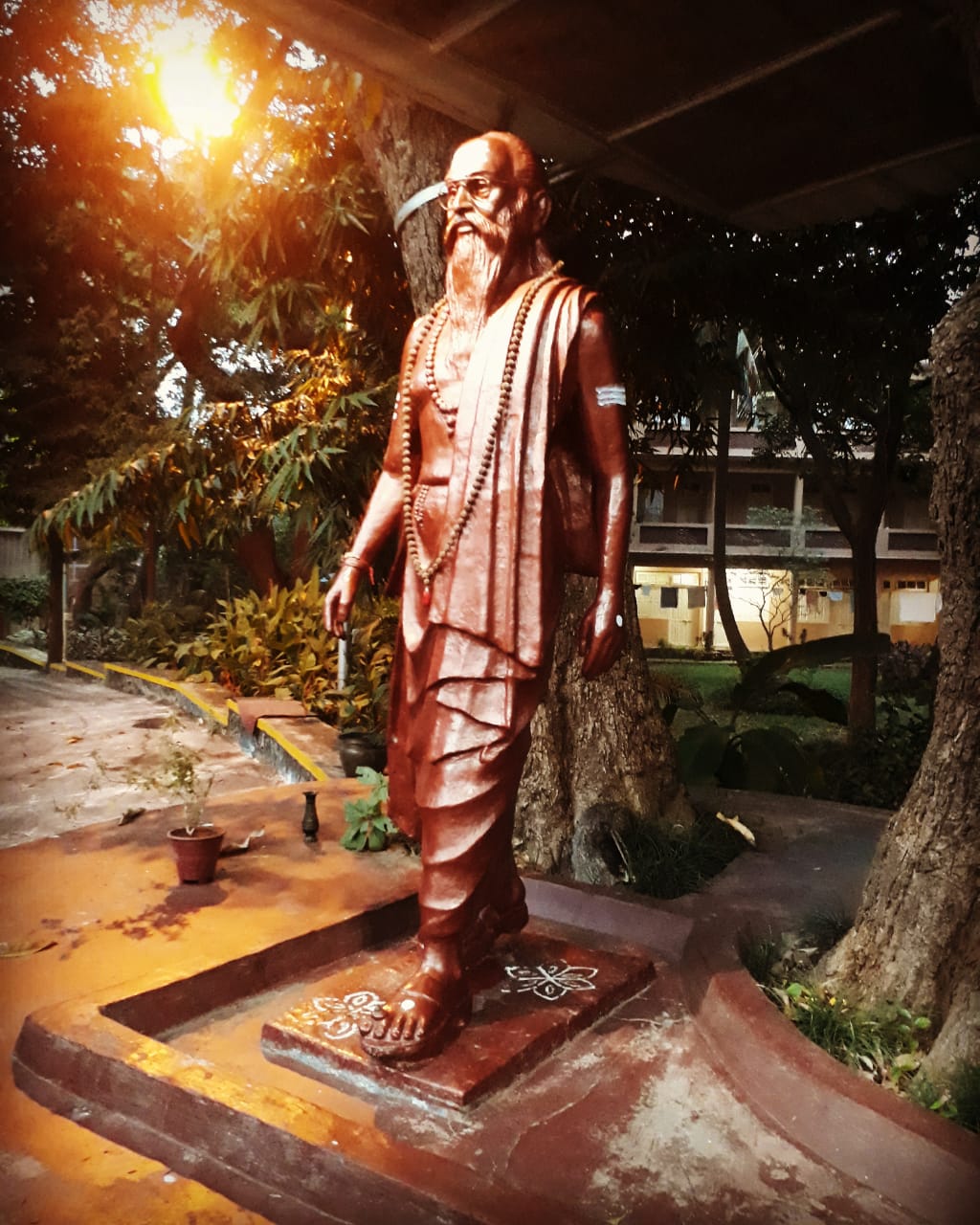Five attitudes to Yoga
------------------------
------------------------
Shaucha Santosha Tapas Swadhyaya Ishwara Pranidhanani Niyamaha||
Yama and Niyamas are the foundation of Yoga. Even after taking strides in the other steps of Pranayama, Asana, Dharana or Dhyana, it is important to continue the observation of Yamas or the five personal disciplines and the Niyamas or five attitudes of the mind.
The five Niyamas are Shaucha - Cleanliness of the mind and body, Santosha - Contentment, Tapas - Austerity, Swadhyaya - studying about the self which can specifically refer to the scriptures and the Upanishads. It also means to study directly about the self within - the nature of the thoughts and the essence behind the thoughts. The last Niyama is Ishwara Pranidhana or surrendering to the supreme consciousness that is the essential stuff of this expanding universe. Practice of any or all of these Niyamas constitutes Yoga by itself. - Swahilya Shambhavi.
(Picture: Pilgrims climbing the rocky Chaturagiri near Vaithirappu off Madurai, Tamil Nadu. Undertaking such arduous treks is a form of austerity or Tapasya of the body and mind.)


